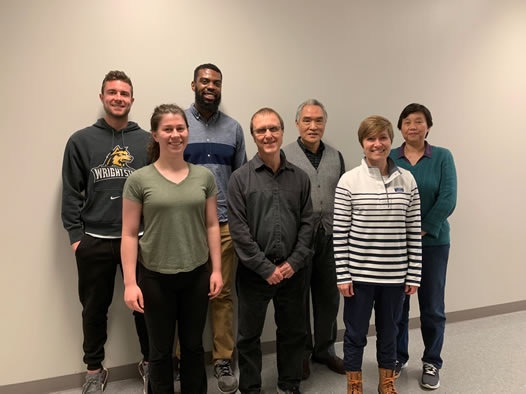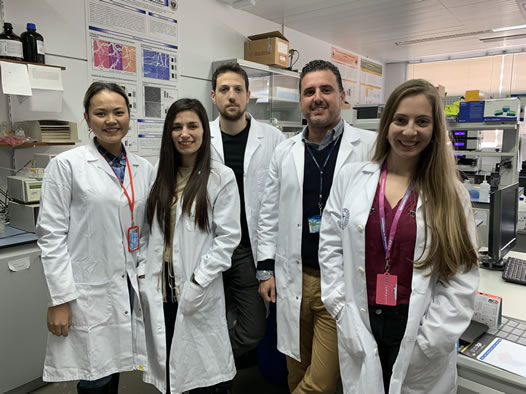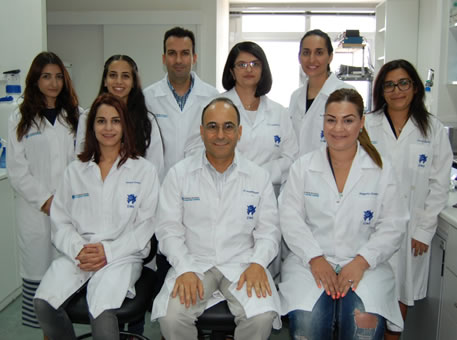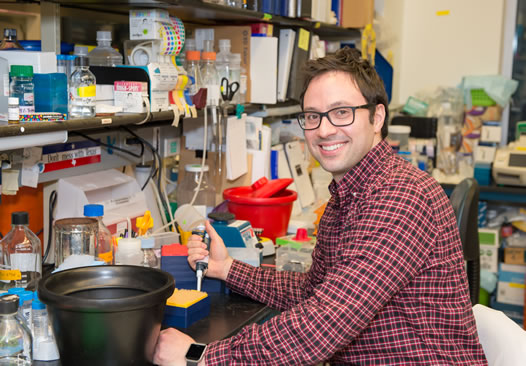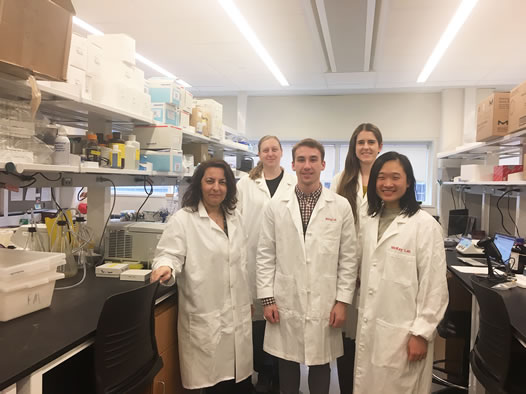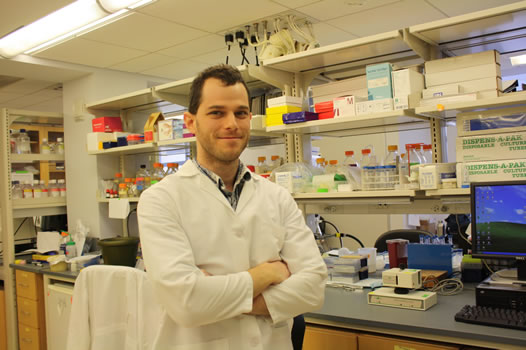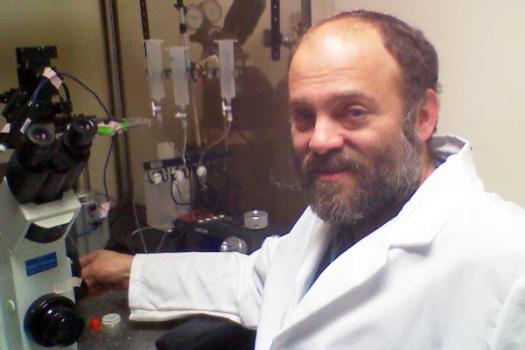MDA Resource Center: We’re Here For You
Our trained specialists are here to provide one-on-one support for every part of your journey. Send a message below or call us at 1-833-ASK-MDA1 (1-833-275-6321). If you live outside the U.S., we may be able to connect you to muscular dystrophy groups in your area, but MDA programs are only available in the U.S.
Grant - Winter 2019 - DMD - M. Carrie Miceli, PhD

"Identification of immune populations involved in DMD pathogenesis may aid in identifying therapeutic targets. Assessing baseline levels of immunity in DMD subjects will help in interpreting responses observed in gene therapy or other dystrophin replacement therapies."
M. Carrie Miceli, PhD, professor of Microbiology, Immunology, and Molecular Genetics at the University of California, Los Angeles, was awarded an MDA research grant totaling $300,000 over three years to study the differences in immune cell populations in response to treating boys who have Duchenne muscular dystrophy (DMD) with or without corticosteroids.
Corticosteroids delay symptoms and prolong life in DMD, but their mechanism of action is poorly understood. In people with DMD, the immune response affects the regeneration of muscle tissue and leads to fibrosis (an excess of fibrous connective tissue), though these cellular processes are not well defined. Additionally, gene-replacement therapies use entities that can cause an immune response and therefore have limited efficacy. Achieving a basic understanding of the immune response in DMD will help researchers conduct studies that help define this landscape and may promote the development of therapies based on these factors.
In this research, Dr. Miceli aims to deeply characterize the cellular immune composition in blood and muscle cells in individuals with DMD or Becker muscular dystrophy (BMD), a similar muscular dystrophy with later onset of symptoms. She hopes to gain an improved understanding of which immune populations are activated to identify targets for immune modulation that may promote regeneration, limit fibrosis, or induce tolerance. In addition, determining the relationship between the responses in the muscle and blood will allow her to test whether blood can be used as a measure of the severity of the disease.
https://doi.org/10.55762/pc.gr.84558
Grantee: DMD - M. Carrie Miceli, PhD
Grant type: Research Grant
Award total:
Institution:
Country:






